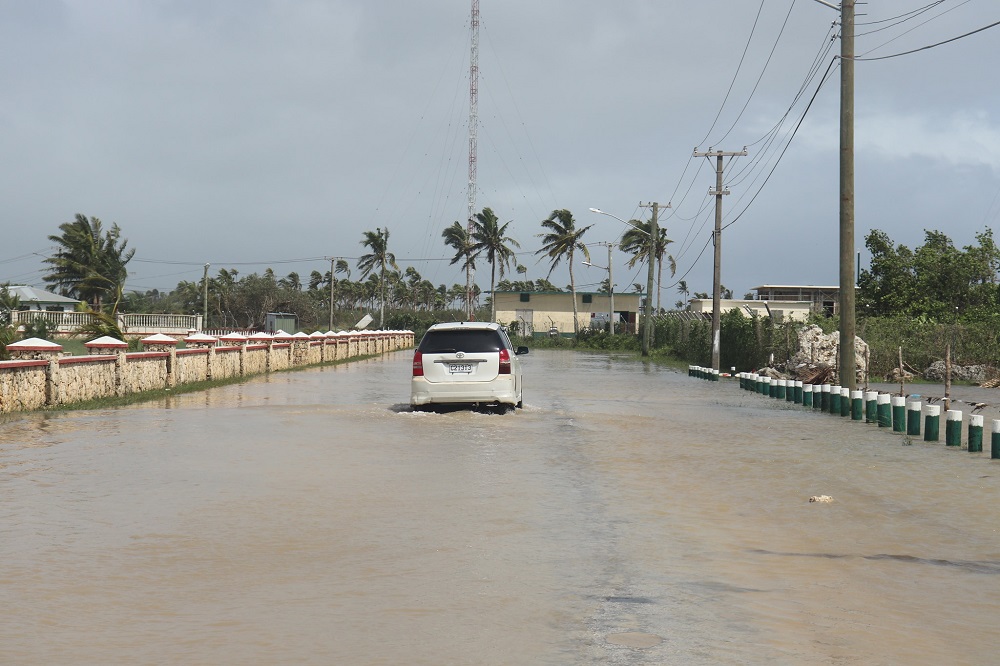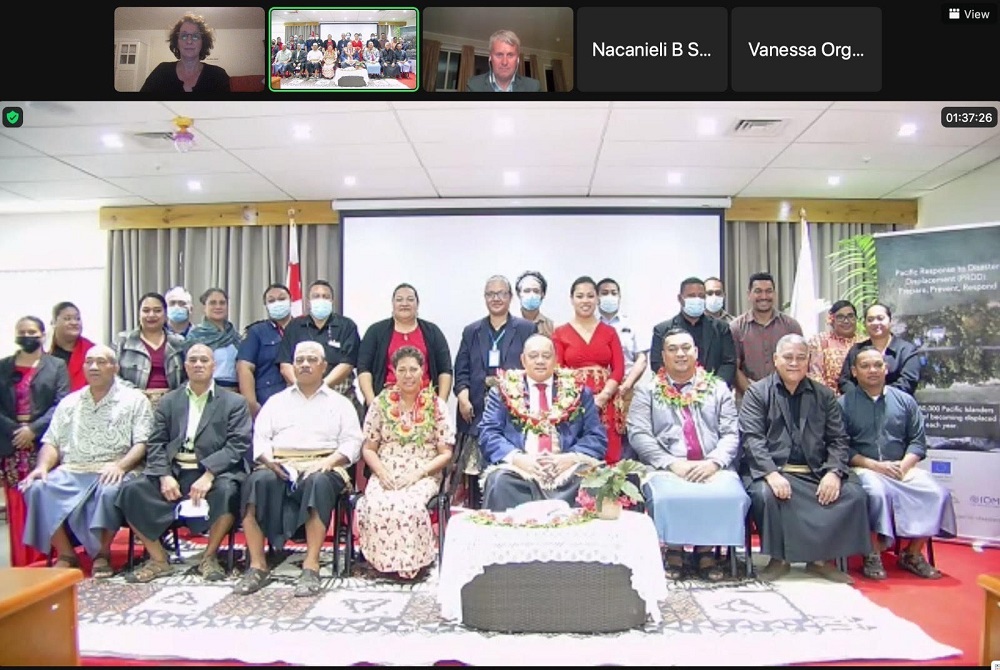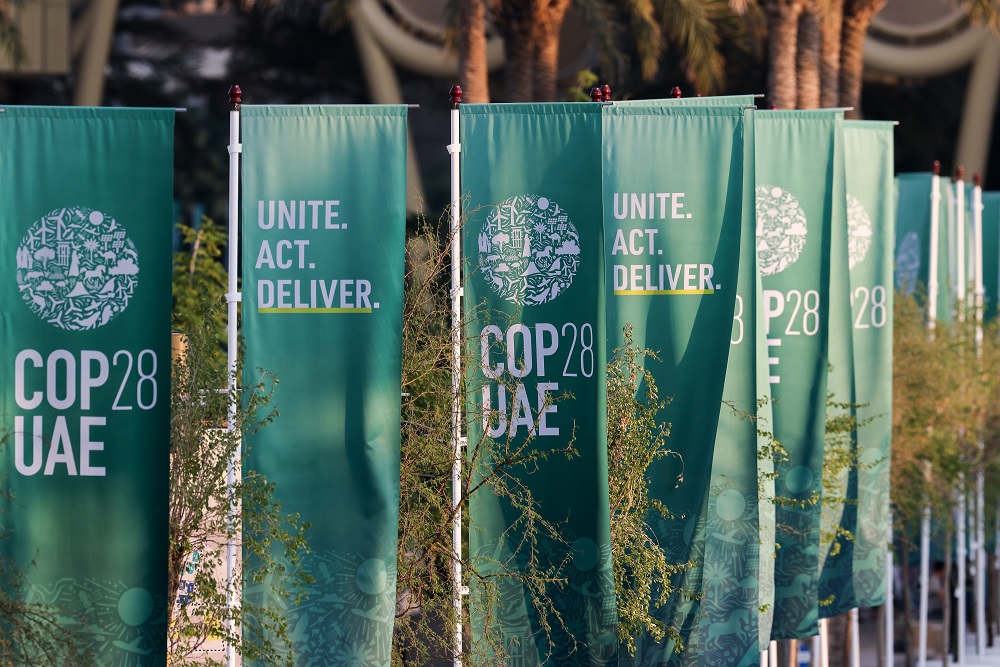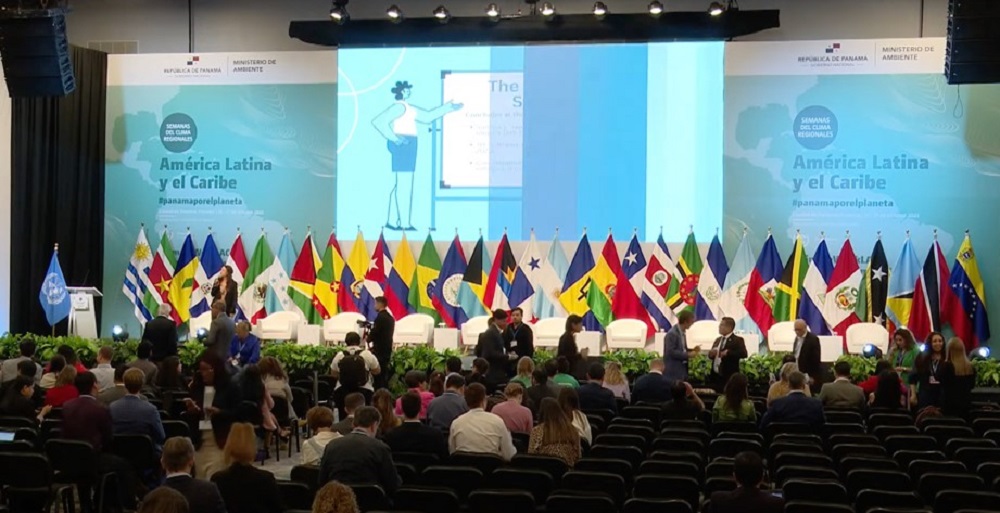Tonga Heads of Departments and Planners Participate in Training to Better Address Human Mobility in the Context of Climate Change

Nuku’alofa, Tonga – 2 September 2022 – A two-day training for Tonga Heads of Department, Planners and Cluster Coordinators was held at the National Reserve Bank Conference Room from 1-2 September 2022 and was officially opened by the Honorable Prime Minister of the Republic of Tonga.
Communities in the Pacific are at the front line of climate change impacts and slow and sudden onset disasters have become increasingly frequent and destructive. This workshop aimed to help address the magnitude of climate change related challenges, in particular climate mobility for Pacific island countries and territories, and the need for urgent and practical responses to these challenges at all levels.
 Specifically, the workshop aimed to enhance the skills and knowledge of Tonga’s Planners and Cluster Coordinators to:
Specifically, the workshop aimed to enhance the skills and knowledge of Tonga’s Planners and Cluster Coordinators to:
- identify actions that reduce the risk of disaster displacement
- effectively prepare for displacement
- meet the needs of displaced people through holistic and coordinated government planning
The training was based on the UN Office for Disaster Risk Reduction (UNDRR) “Words into Action Guidelines on Disaster Displacement”. They are part of a UNDRR series of tools that aims to ensure worldwide access to expertise. It provides guidance for governments on how to include disaster displacement-related provisions in their national and local disaster risk reduction planning. The Guidelines have been developed through a partnership between the Norwegian Refugee Council (NRC), UNDRR, and the PDD, through the generous support of the German Federal Foreign Office.
In his opening statement, the Honorable Prime Minister highlighted that the Island Kingdom has seen entire communities move in the context of disasters and that it will likely to increase in light of the current ‘climate crisis’. Tonga is unwavered in its strong position that climate change action must also address the complexities surrounding climate induced mobility. A large number of displacements in Tonga have been triggered by weather related events including Tropical Cyclone Harold in 2020 displaced over 2,700 people while Tropical Cyclone Gits in 2018 affecting 80,000 people, which generated over one third of the displacement, recorded in the country during the decade.
The Honorable Prime Minister also highlighted the need for a dedicated Policy to address displacement that will ensure a structured and cohesive approach. He urged all partners to pull together resources to promote more responsive and socially accountable conditions for education and awareness on displacement. Resources are increasingly becoming stretched to service a growing number of priorities, hence the need to integrate this phenomenon into existing plans and policies. Furthermore, The Honorable PM stated that this project is timely as it will ensure the Tongan Government to consider and take a proactive approach to address this human mobility challenge.
The Pacific Response to Disaster Displacement (PRDD) Project, with funding from the European Union, and led by the Internal Displacement Monitoring Centre (IDMC) is collaborating with the International Organization for Migration (IOM) and the Platform on Disaster Displacement (PDD). The project aims to contribute to better policy responses and disaster planning, as well as new and improved operational tools.
Cover photo ©IFRC: Tonga, April 2020, in the aftermath of TC Harold.
For more information, please contact:
Mr. Nacanieli B. Speigth
Project Manager – Pacific Response to Disaster Displacement (PRDD) Project
Internal Displacement Monitoring Centre (IDMC)
Email: nacanieli.bolo@idmc.ch
Ms. Alisi Vosalevu
Regional Advisor
Platform on Disaster Displacement
alisi.vosalevu@disasterdisplacement.org




